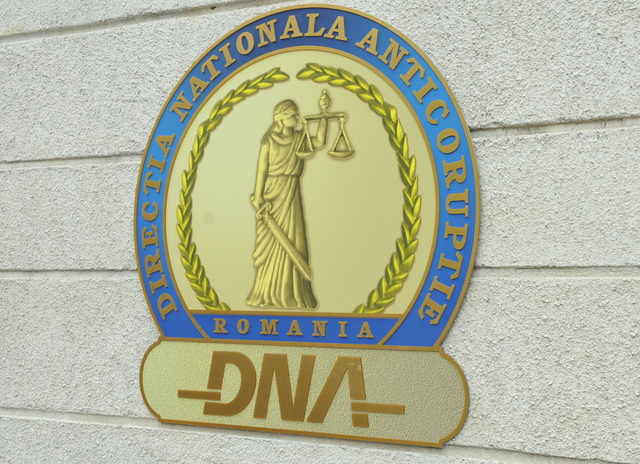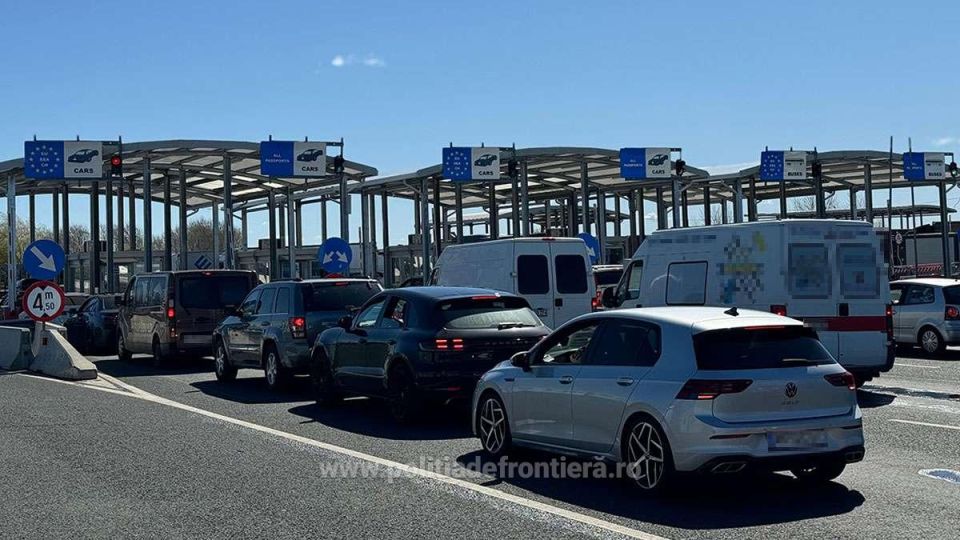Manifestations pro and against the National Anti-Corruption Directorate
There is no other institution in Romania to cause so much passion on the political scene, in the media and society at large like the National Anti-Corruption Directorate.

Bogdan Matei, 19.02.2018, 13:30
For many people, the investigators of the National Anti-Corruption Directorate (DNA) are genuine heroes. Thanks to their work, in the past years, people could see the sentencing of a former prime minister, the investigation and prosecution of an acting prime minister, the arrest of a judge with the Constitutional Court, of the general mayor of Bucharest and of the mayors of Bucharest’s 6 sectors. Tens of former members of the Government and Parliament, city mayors, presidents of county councils and prefects from both the right and left of the political spectrum, in power or in opposition, were the protagonists of corruption cases investigated by the National Anti-Corruption Directorate.
That is why hundreds of thousands of people have taken to the streets in the past year, in Bucharest, across Romania and in the Diaspora because they suspected that the current governing majority made up of the Social Democratic Party and the Alliance of Liberals and Democrats were trying to subordinate magistrates and stop the anti-corruption fight through their attempt to modify the justice laws and the criminal codes. Nevertheless, not everybody sees the National Anti-Corruption Directorate prosecutors as heroes. There are people who are against them, and this past weekend scores of them gathered in front of the headquarters of the National Anti-Corruption Directorate and of the Presidency, asking for the resignation of the head of the National Anti-Corruption Directorate, Laura Codruta Kovesi. They also accused President Klaus Iohannis of adopting a passive attitude towards the prosecutors’ abuses. What triggered these latest protests against the National Anti-Corruption Directorate was the scandal at the DNA branch in Prahova county.
The former president of the Prahova county council, Mircea Cosma, who held that position for more than a decade, and his son, Vlad Cosma, were sentenced, in a lower court, to 8 years and 5 years in prison respectively, in a corruption case investigated by the National Anti-Corruption Directorate. Andreea Cosma, the daughter of Mircea Cosma, a Social Democrat MP herself, has also been investigated by the anti-corruption prosecutors. Vlad Cosma accused the investigators of having used him to fabricate evidence against other members of the Social Democratic Party, namely the former PM Victor Ponta and a former MP from Prahova, Sebastian Ghita, who subsequently fled to neighboring Serbia. The head of the DNA categorically rejected accusations that her subordinates had resorted to illegal practices. In turn, President Iohannis reiterated his confidence in the National Anti-Corruption Directorate, which, according to him, has come under the “desperate, deplorable and unconvincing” attempts of a bunch of “offenders” to denigrate it.
Those who protested against the DNA’s actions compared these actions with the practices of the former political police, the Securitate, and with the Fascist practices. The gendarmes were called to intervene between the anti-DNA protesters and the Directorate’s supporters who organized, at the same time, a counter protest, to show their opposition to the modification of the justice laws. Commentators say the atmosphere is set to get heated again, both on the political scene and in the street, after, on Thursday, the justice minister Tudorel Toader is expected to present in Parliament the assessment of the activity of General Prosecutor’s Office, of the National Anti-Corruption Directorate and of the Directorate for Investigating Organized Crime and Terrorism.






























